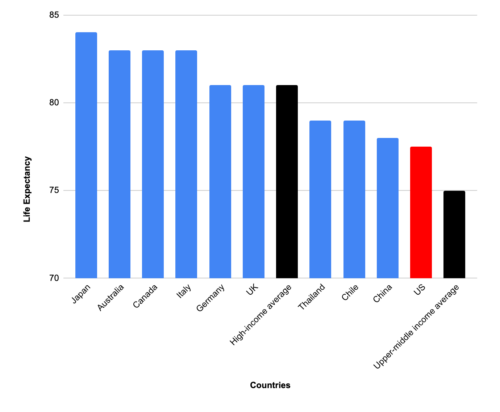PPI WEEKLY WRAP-UP: Taxing Broadband, China’s Currency Depreciation, & Innovation Struggles
By: / 08.14.2015
TAXING BROADBAND: In a piece for Forbes on Thursday, PPI Senior Fellow Hal Singer argues against the FCC taxing broadband in order to subsidize it.
“The Federal Communications Commission (FCC) recently proposed amending its low-income ‘Lifeline’ program—which provides a $9.25 per month credit for consumers of voice services—to permit recipients to apply that same subsidy instead to broadband services. Who could argue against increasing options for low-income Americans?
“Before critiquing the FCC’s proposal, it’s important to point out that expanding broadband access is a laudable goal. But financing this expansion through the Lifeline program will eventually lead to the perverse outcome of taxing broadband in order to subsidize it. Better to raise the funds for subsidized broadband from taxes imposed on behavior we want to discourage.”
CHINA’S CURRENCY DEPRECIATION: In a post on the PPI blog this week, Chief Economic Strategist Michael Mandel argues “that critics of China’s recent currency depreciation are missing the big picture. First, depreciation is a desperate measure which is a sign of the coming implosion of the Chinese economic model. Second, depreciation is a double-edged sword for China, because the Chinese export machine is heavily dependent on imported components that will rise in prices with depreciation. Third, the ultimate effect of a China economic implosion will be to send US interest rates and inflation soaring. Fourth, on the positive side, there may be an opportunity to rebuild the US manufacturing sector, if China’s economy is in turmoil. Fifth, the political implication is that presidential and other candidates should not expect a stable economy going into 2016, and a ‘crisis’ message may be needed.”
INNOVATION STRUGGLES: A new study by Mandel, “Where is Innovation Falling Short?: Using Labor Market Indicators to Map the Successful Innovation Frontier,” was highlighted this week in an article by Wall Street Journal chief economics commentator Greg Ip, “Beyond the Internet, Innovation Struggles.” The study was prepared for the Kauffman Foundation New Entrepreneurial Growth Conference, which took place in Amelia Island, Florida from June 17 to 19, 2015.
“In a new study, Michael Mandel of the Progressive Policy Institute notes that previous innovation waves straddled numerous disciplines: information processing, transportation, medicine, energy and materials.
“Where are the comparable advances in materials today? The Nobel prize was awarded in 1987 for the discovery of high-temperature superconductors—material that can carry electric current without resistance at temperatures above extreme cold. But as Mr. Mandel notes, few commercial superconductor applications are on the market. Nanotechnology—building materials out of microscopic particles—has found its way into tennis balls and odor-resistant fabrics but hardly measures up to steel or plastic in its breadth of uses.
“The staggering sums invested in biosciences haven’t yielded breakthroughs comparable to antibiotics in the 1930s and 1940s. The human genome was sequenced more than a decade ago. Yet as Mr. Mandel notes, there is still no approved gene therapy for sale.
“Quantifying innovation is difficult: Government statistics don’t adequately measure activities that only recently came into existence. Mr. Mandel circumvents this problem by surmising that innovation leaves its mark in the sorts of skills employers demand.
“His conclusion: Today’s economy is ‘unevenly innovative.’”







